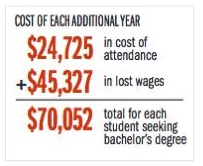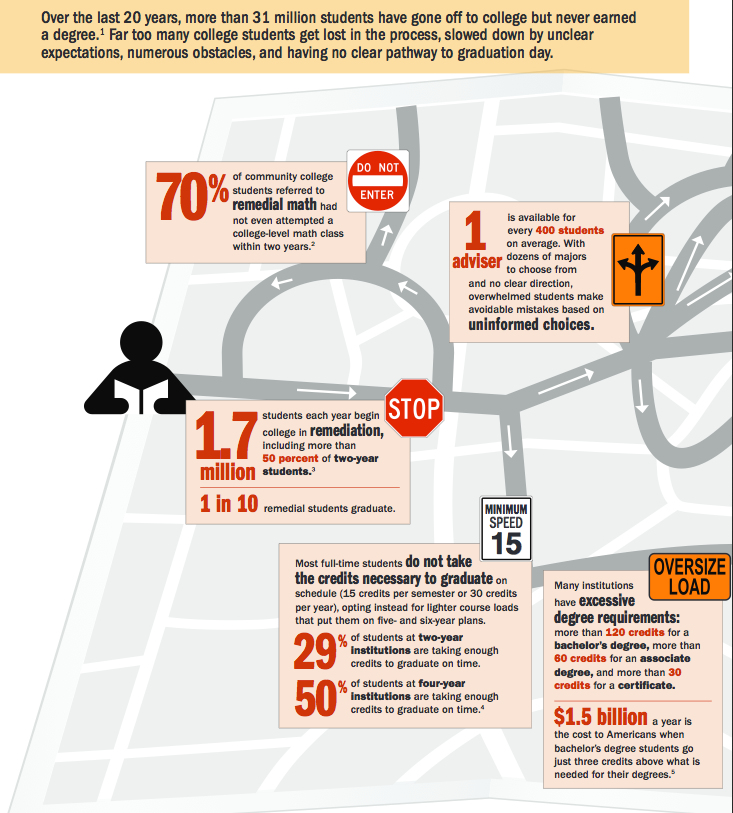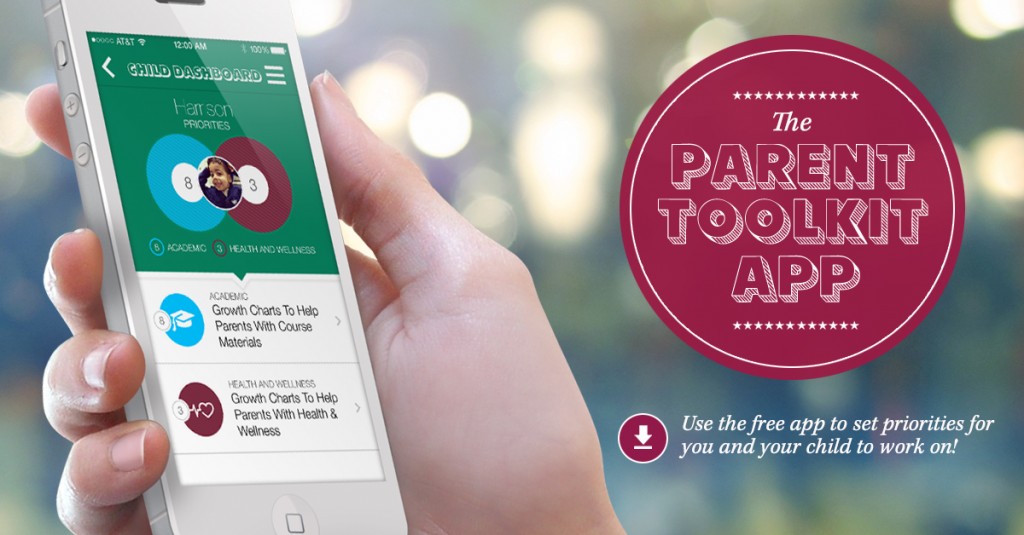This article is timely, considering all the discussion about Melania Trump’s speech at the Republican National Convention.
We always use the word “ethical” if we want to describe something that is right, made or done according to rules and involves some moral values. Why then should we refer plagiarism to ethical issues too? Let us specify what plagiarism is. There are several activities that are referred to the notion: substantial copy-paste, intentional paraphrasing, use of one’s ideas representing them as your own ones, avoidance of crediting the source etc. All these actions are immoral and can be considered to be a violation of widely accepted ethical rules, consequently, plagiarism is one of the main ethical issues nowadays. At the same time, there are such cases that can’t be called unethical. Think only about self-plagiarism or accidental one: these issues can be hardly called intentional, so plagiarism remains a rather controversial term.
Gray areas or inability to give a definite answer
Is it always possible to answer the question: is it plagiarized? Despite the number of various software like Noplag.com Plagiarism Checker, for example, it is always difficult to give the only right answer to this question. The standards of plagiarism depend on many different points: this might be a genre of writing, the field of writing (lawyers are allowed to copy some pieces into their speeches, while politicians are not), a person, who has written the text (a school graduate or an experienced philologist) etc. Many people will admit that some of these cases can’t be called unethical, but in reality, everything must be decided only in the court. And if the situation is recognized to be a fraud or even a crime, the punishment will be rather severe. On the other side, plagiarism does not belong to the list of crimes and copyright does not cover all the misdeeds that are regarded to be this illegal activity. That is why it is extremely important to draw a line between what plagiarism is and where its ethical boundaries are located. Let us look at the gray areas of this notion that despite being extremely controversial are not considered to be plagiarized:
- Self-plagiarism: a situation, when a writer uses his thought or statement, which has already been published in the different source, in his next text. It is impossible to convict the writer as it is his own idea, but it is always advisable to recycle the content.
- Patchwriting: composing a text of passages from various sources. It can be called a unique style of writing, though it can’t be called an original piece of writing.
- Paraphrasing: rewriting some piece using your own words. Though this point has some connection with stealing ideas or viewpoints, all of us are taught to paraphrase at schools, so consequently, it might be called a criminal activity.
- Allusion: offering another source as an example is a very tricky thing, but it is also a good way to clear off the accusations of plagiarism.
- Ghostwriting: the process of creating some content under the another author’s name can’t be called plagiarism too as you still create something new even calling yourself a different person.
- Collaborative writing: if a book or article has several authors, it does not mean that all of them are credited the same and each of these representatives can pull a suitable part from other works.
All these issues can’t be evaluated only as completely right or completely wrong ones, so our relation to them is the only right answer for us personally.
How to spot plagiarizing
There are several indicators to help you to recognize a plagiarist:
- Intentional omission of citations and references;
- Figures of a completely different style than previous ones;
- Very old researches and information according to which there have been no other ones conducted recently;
- Sentences are not connected by content;
- Abrupt changes of writing style etc.
At the same time, the best thing that may help you to spot plagiarizing is a free online checker such as Noplag.com, for example. It will show you all the parts that were copied from other writers or intentionally paraphrased. By checking each your text your moral state will be always perfect and you will never suffer from self-reproach.
Plagiarism: ethics of stealing
In any case, if you make intentional efforts to use one’s work, idea or statement and avoid citing it, this action can be considered a literary theft. You commit an immoral illegal crime, which is known to everyone as a theft. Each original work is protected by copyright laws and violating intellectual property you commit a crime. As a result, if to speak about ethics, you must realize that plagiarism is the ethics of stealing and it may result in not very good consequences both for a plagiarist and the author of the original text.
__________________________
Lesia Kovtun is an ex English teacher who helps parents/students and organizations with educational planning. She is tech savvy, loves education and technology that makes studying process more convenient and collaborative. She currently works with Noplag.com team as a consultant.





 What is lost when a student doesn’t graduate in 4 years?
What is lost when a student doesn’t graduate in 4 years?




